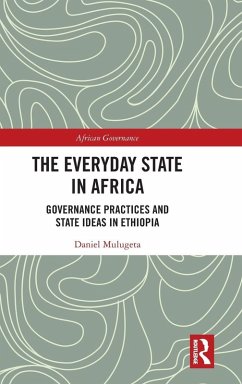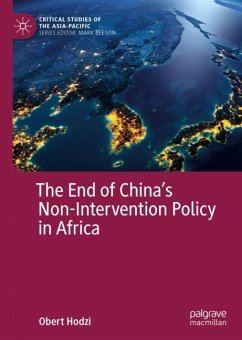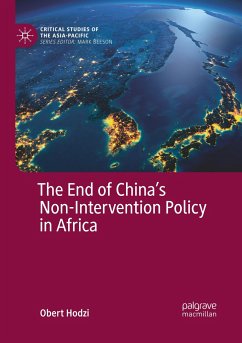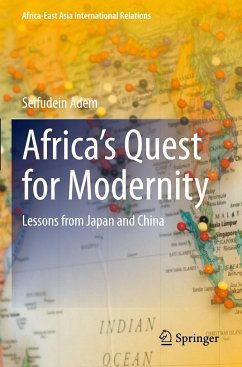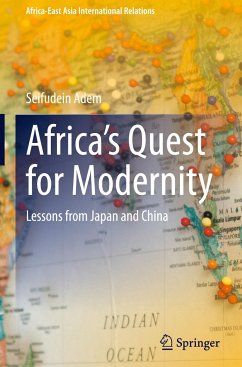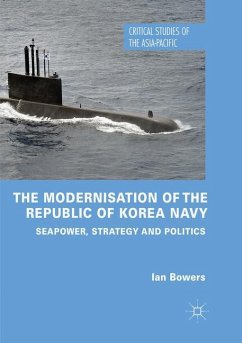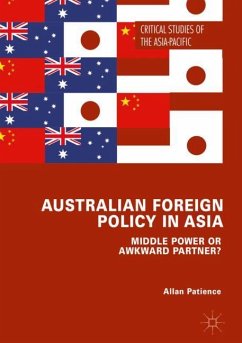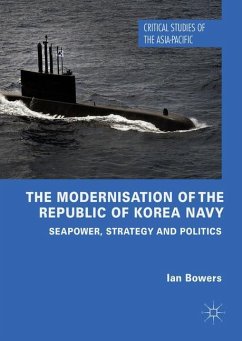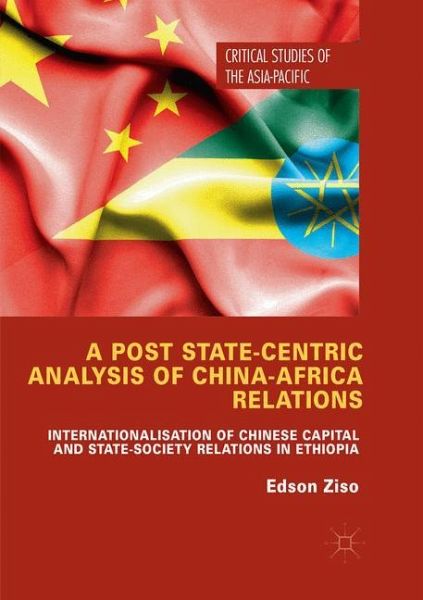
A Post State-Centric Analysis of China-Africa Relations
Internationalisation of Chinese Capital and State-Society Relations in Ethiopia
Versandkostenfrei!
Versandfertig in 6-10 Tagen
98,99 €
inkl. MwSt.
Weitere Ausgaben:

PAYBACK Punkte
49 °P sammeln!
This book offers a new alternative to understanding the relationship between China and Africa. Here, the author not only explores the changing nature of Ethiopia's internal politics as a result of Chinese investment and commercial links, but also compellingly questions the existing state-centric macro or strategic investigation of China-Africa relations. By thoroughly reviewing and deploying the 'second image reversed' approach and the relational concept of state power analytical approaches, Ziso challenges the Western-centric Weberian conceptualization of state. This volume presents an eclect...
This book offers a new alternative to understanding the relationship between China and Africa. Here, the author not only explores the changing nature of Ethiopia's internal politics as a result of Chinese investment and commercial links, but also compellingly questions the existing state-centric macro or strategic investigation of China-Africa relations. By thoroughly reviewing and deploying the 'second image reversed' approach and the relational concept of state power analytical approaches, Ziso challenges the Western-centric Weberian conceptualization of state. This volume presents an eclectic approach to interpret the state transformation in Ethiopia in light of Chinese capital, arguing for a "state in society" framework which does not treat the state as a unitary black box. This analysis challenges the conventional binary staple which is often framed on whether China is the new imperialist power plundering Africa's resources or is Africa's historically all-weather friend.This volume offers an original contribution to knowledge on China's relations with Ethiopia in particular, and with Africa in general.





